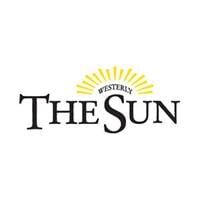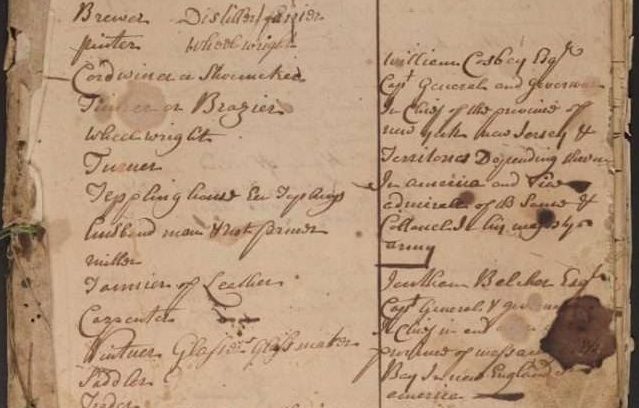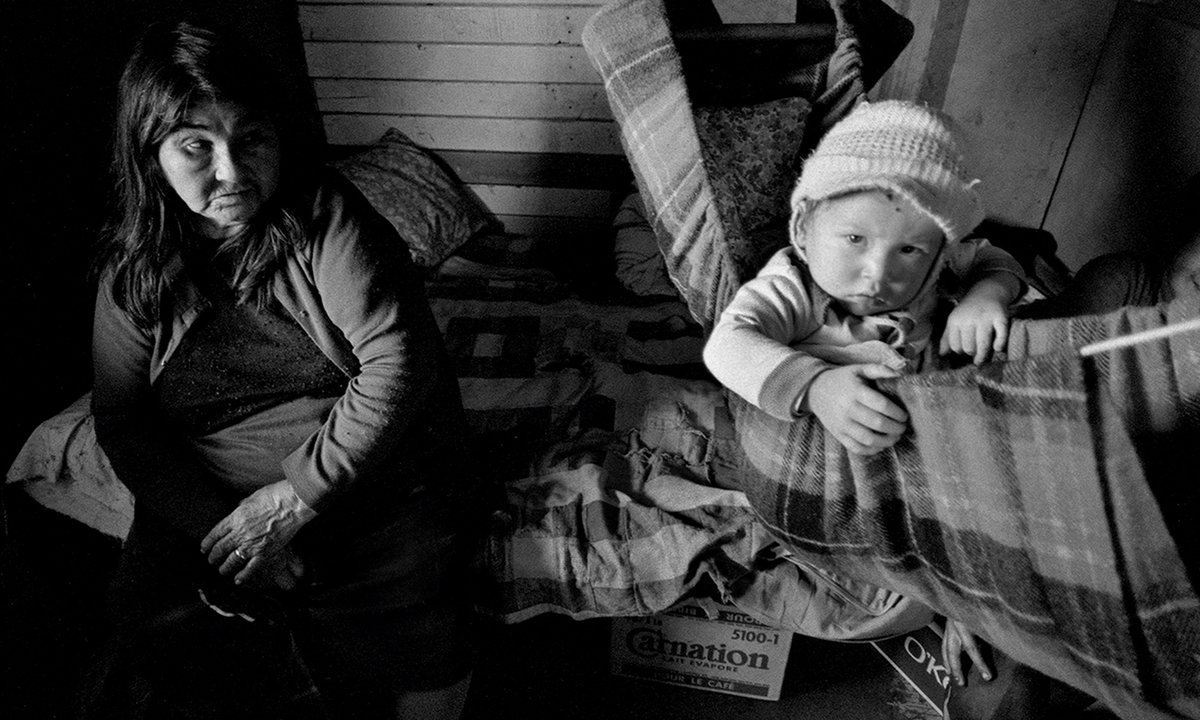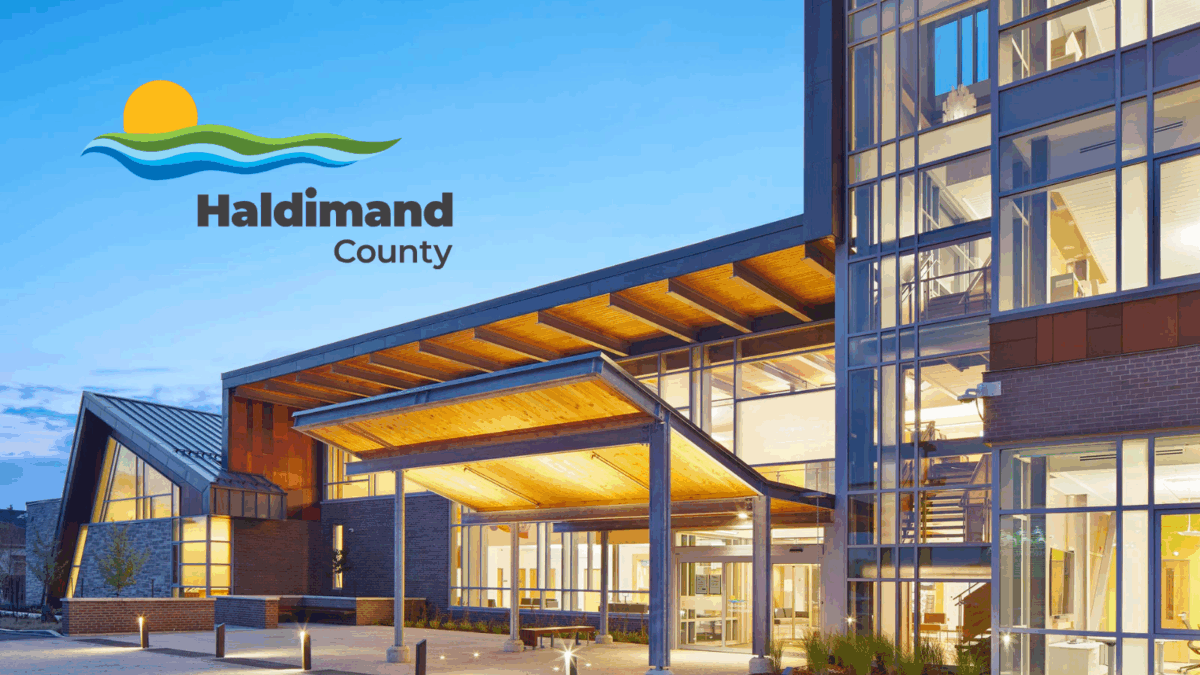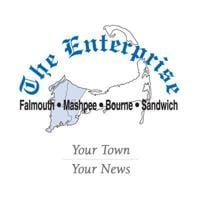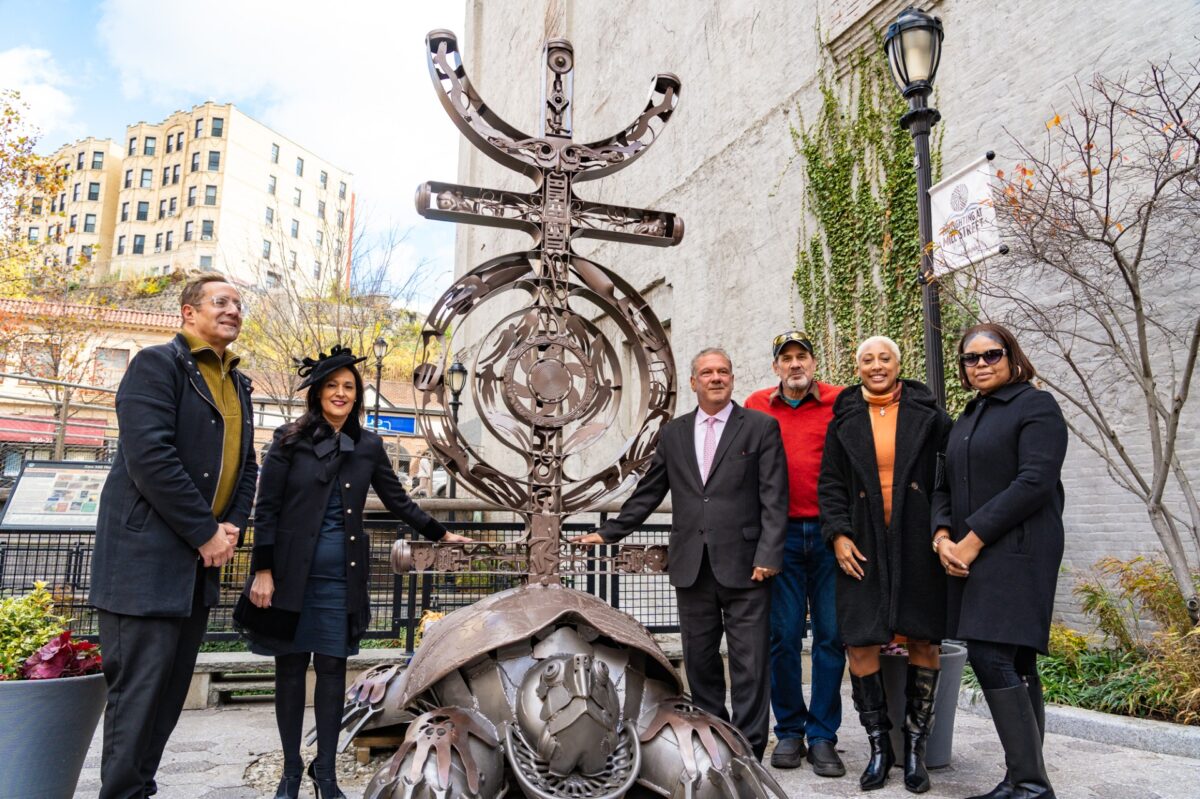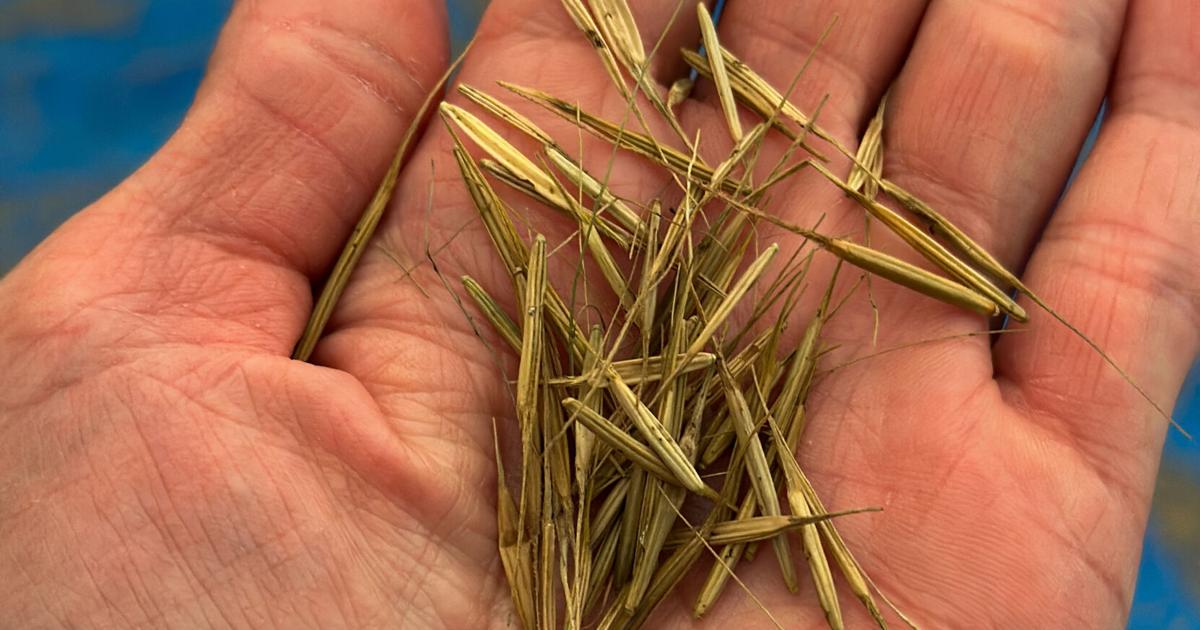Tom Bush of Pawcatuck won a bronze medal at the Senior Mixed Epee event at the Stick Season Fencing Tournament held at Vergennes High School in Burlington, Vermont in November.
Cora Post of North Stonington was named to the dean’s list at Belmont University for the fall 2025 semester.
Mackensie duPont Crowley of Stonington was named a 2025 “Emerging Coastal Leader” by the University of Rhode Island Coastal Institute.
Eva Simmons of Charlestown was recently named Third Team All Conference in recognition of outstanding play for the Emmanuel women’s soccer team.
Emily Ornberg of Westerly, Luke Costanzo and Lauren Vossler of Pawcatuck, Rogan Wotherspoon of Wyoming and Olivia Kay of West Kingston were named to the president’s list at Western New England University for the spring 2025 semester.
Brooke Morrone of Westerly and Jilian Geer of Richmond earned dean’s list honors at The University of Tampa for the spring 2025 semester.
Catherine Shea McConnell has been named chief strategy officer at Rhode Island Office of the Postsecondary Commissioner.
Mashantucket Pequot Tribal Police Deputy Chief Kristen DiMauro has completed the Executive Development segment of the Command Training Series at Roger Williams University.
Jen Dyer of Providence has been named director of IT portfolio management and delivery at Mohegan.
Deidra Hall of Pawcatuck was named to the dean’s honor list at Cedarville University for the fall 2025 semester.
Chris Bradley, executive director of the Mystic & Noank Library, was recognized by the Greater Mystic Chamber of Commerce in the chamber’s “Community Proud Series.”
Haas Regen won the “Best Actor in a Drama” award for the Gamm Theatre’s “Angels in America” in the 2025 New England Theater Awards announced recently.
Elders Council Chairwoman Marjorie Colebut-Jackson was sworn in for her third term of office during the annual Mashantucket Pequot Tribal Nation Inauguration Ceremony on Jan. 2 at the Mashantucket Pequot Museum and Research Center. Also sworn in was…
